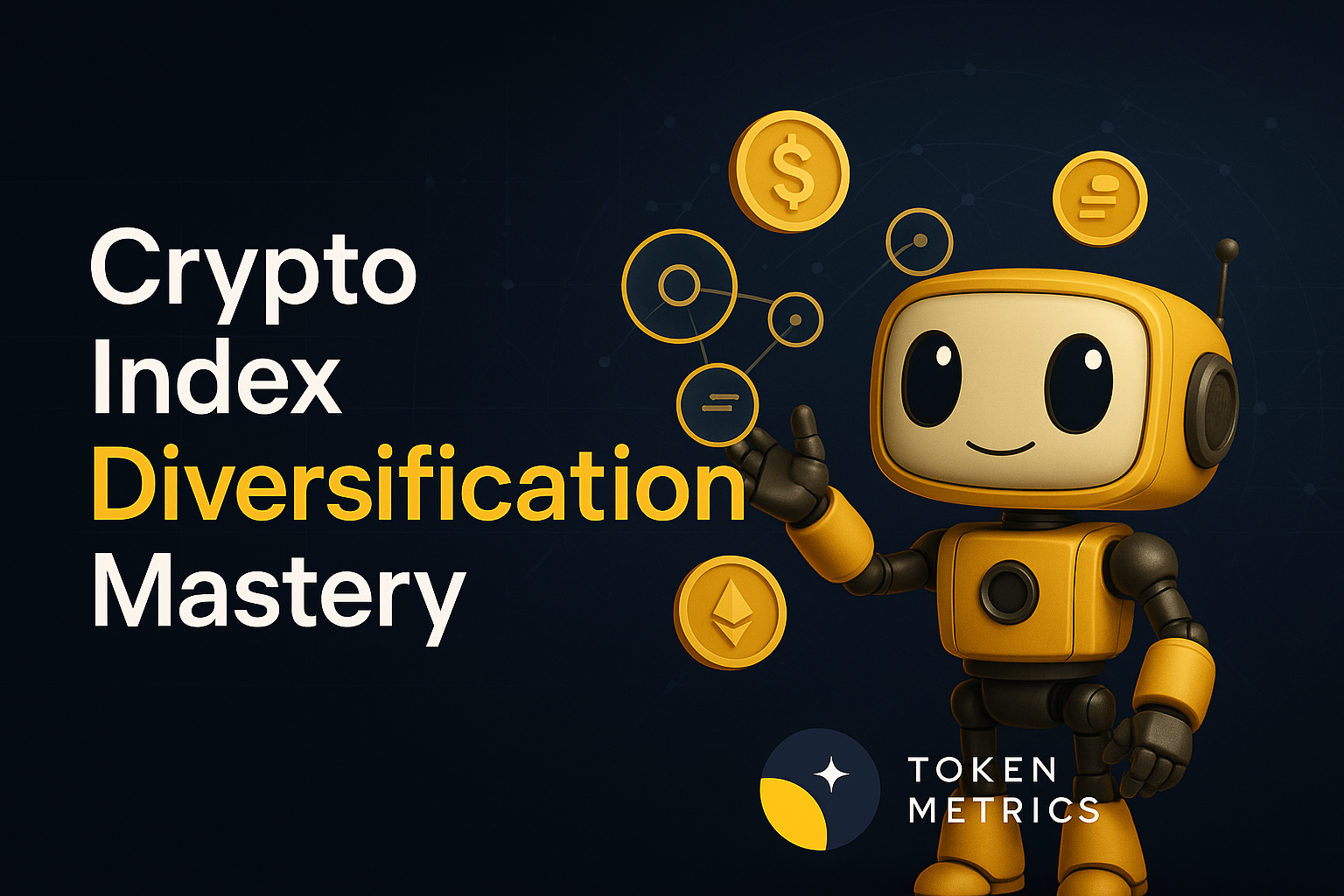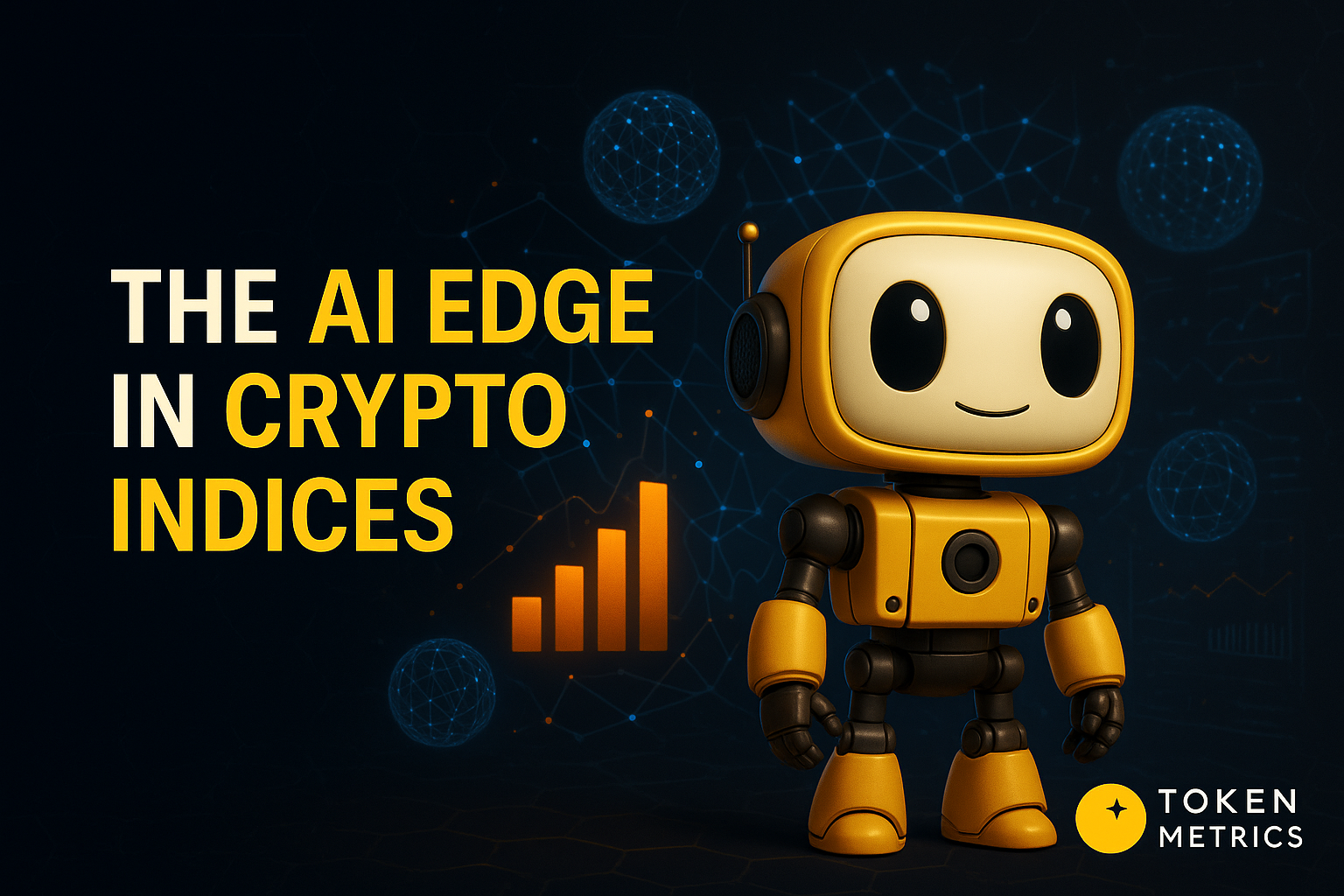
Minting NFTs - What is it and How to Mint an NFT?

Whether you're a digital artist, an entrepreneur, or simply someone fascinated by the blockchain industry, understanding NFTs and how to create, or 'mint' them, has become increasingly important.
The notion of minting NFTs is creating ripples in various sectors, leading to a proliferation of digital artworks, virtual real estate, and more. However, it can be quite overwhelming to navigate this new, intricate landscape without a guide.
What exactly does minting mean? How can one mint an NFT? How can this process lead to the creation of a unique digital asset? These questions might seem daunting, but fret not!
This article is a comprehensive guide to the ins and outs of NFT minting, giving you the tools you need to dive into this revolution with confidence.
Understanding NFTs and Minting
What are NFTs?
NFTs are singular digital assets represented as tokens on a blockchain. Unlike typical cryptocurrencies such as Bitcoin or Ethereum, NFTs aren't exchangeable with other tokens—they are unique, and they exist in isolation.
Each NFT comprises distinctive information or characteristics that make them diverse, which can take the form of art pieces, music files, or even virtual real estate.
What is Minting?
Minting refers to the act of generating an NFT on a blockchain. It is similar to creating or publishing a piece of content, but in this scenario, you are posting it on a blockchain.
Minting changes a digital file from your computer into a piece of data on a blockchain network, forging a unique digital asset—a Non-Fungible Token.
How does NFT Minting Work?
The main procedure of NFT minting involves uploading a digital file onto a blockchain. This file could be any digital object—your original artwork, a memorable video, a gripping song, or even an eBook.
When you upload this digital file onto a blockchain through a platform that supports NFT creation, it becomes an NFT.
This action is referred to as "minting." The blockchain keeps track of the specifics of the NFT, including ownership details and the unique properties of the digital item, ensuring its origin and traceability. Every NFT minted has a unique identity, setting it apart from every other token, making it "non-fungible."
How to Mint an NFT? - Step by Step Process
Minting NFTs is a simple process. While it might seem daunting at first, it is quite straightforward once you grasp the basics. Here is a step-by-step guide:
1. Prepare Your Digital Asset - Before you mint an NFT, you first need to create a digital asset. This asset can be anything digital—an image, a song, a piece of code, a video, or even a tweet.
Remember, the more unique and original your creation, the higher the chances of it standing out in the crowded NFT marketplace.
2. Choose the Right Blockchain - After creating your digital asset, the next step is to select the blockchain you want to mint your NFT on.
Ethereum has been the most popular choice for NFT creators due to its advanced smart contract functionality and widespread use.
However, other blockchains like Binance Smart Chain, Flow, or Tezos also support NFTs and could offer lower transaction fees.
3. Select an NFT Marketplace - Choose an NFT marketplace that supports the blockchain you've selected. Some popular NFT marketplaces include OpenSea, Rarible, and Mintable for Ethereum; and NBA Top Shot for Flow.
Each platform has a different user base and different features, so do your research to find the best fit for your NFT.
4. Mint Your NFT - The minting process varies slightly depending on the platform, but generally, you'll need to upload your digital asset, add details (like the name, description, and attributes), set a price, and finally, mint the NFT. Minting will require gas fees (for Ethereum) or equivalent transaction costs in other blockchains.
What Creators Should Do After Minting an NFT?
Once a creator has minted an NFT, they've just begun their journey. After successfully minting, it's crucial to focus on promotion and networking.
Share your work on social media platforms, participate in online forums related to digital art and NFTs, and attend virtual or physical events if possible.
Networking with other creators, buyers, and enthusiasts in the NFT space can help creators gain visibility and build a solid reputation.
Moreover, creators should also consider joining artist collaborations or projects, as these can provide additional exposure and foster relationships within the community.
What are the Benefits of Minting an NFT?
NFTs' charm lies in their capability to authenticate digital assets on the blockchain. For creators, minting NFTs allows them to sell their work directly to customers, bypassing traditional intermediaries and keeping a larger chunk of the profits.
It also opens up the possibility of earning royalties each time the NFT is resold in the future. For buyers and collectors, NFTs ensure they are buying original, authenticated works.
Additionally, NFTs can be perceived as a form of investment, with the potential for substantial returns if the value of the NFT appreciates over time.
Can You Mint an NFT for Free?
In most cases, the answer is no. Minting an NFT requires computational resources to validate and record the transaction on a blockchain, which incurs a cost known as a "gas fee" on networks like Ethereum.
However, some newer platforms and blockchains are investigating ways to decrease these costs or shift them elsewhere to make it easier for creators to mint NFTs.
While minting itself might not be free, the potential return from selling an NFT could significantly outweigh the initial cost.
Is it Worth Minting an NFT in 2023?
Whether minting an NFT in 2023 is worth it or not depends on a range of factors, including the creator's goals, the uniqueness and appeal of the digital asset, and the current market demand for NFTs.
As the NFT market continues to evolve, creators have more chances than ever to profit from their digital content. However, competition has also risen, making it crucial to create standout content.
Regarding market trends, NFTs continue to maintain their allure, particularly as more sectors like gaming, music, and virtual real estate explore their applications. Therefore, with the right strategy and careful planning, minting an NFT in 2023 could indeed be worth it.
Also Read - Are NFTs Dead? - Complete Analysis
Future Outlook of NFTs and Minting
The future of NFT minting is packed with opportunities. The process is expected to become more user-friendly as technical barriers diminish, allowing a broader range of creators to venture into the NFT landscape.
Many industry experts anticipate an expansion of NFT categories, with potential applications in sectors like gaming, real estate, and fashion.
The environmental impact of minting NFTs, a current area of concern, is likely to decrease as more sustainable blockchain technologies are adopted.
Legal and regulatory advancements could provide better security for creators and boost buyer confidence, stimulating demand for minted NFTs.
Finally, NFTs are likely to revolutionize community building and fan engagement, offering artists innovative ways to connect with their audience.
Frequently asked questions
Q1. How long does it take to mint an NFT?
The duration can vary based on network congestion, but usually, it can take from a few minutes to a couple of hours.
Q2. Can anyone mint an NFT?
Yes, anyone with a digital asset and a blockchain wallet can mint an NFT on a supported platform.
Q3. Can I mint physical art as an NFT?
Physical art can be digitized (e.g., by scanning or photographing) and then minted as an NFT.
Q4. Can I sell an NFT on different marketplaces?
Yes, you can list your NFTs on any marketplace that supports the blockchain your NFT is minted on.
Q5. What happens if I lose my wallet where my NFTs are stored?
Losing access to your wallet means losing your NFTs. It's crucial to secure and back up your wallet keys.
Q6. Can I mint an NFT on multiple blockchains?
While you can mint the same asset on different blockchains, each minted NFT will have its unique blockchain record.
Q7. Can I edit an NFT after minting it?
Once an NFT is minted, the data on the blockchain cannot be altered. You'll need to mint a new NFT for changes.
Q8. What's the gas fee in NFT minting?
Gas fee is a small transaction cost paid to miners on blockchain networks like Ethereum for processing your NFT minting.
Conclusion
In the bustling realm of digital assets, NFT minting stands as a beacon of innovation, granting creators the power to authenticate their digital creations on the blockchain.
Though seemingly intricate, the process unravels its complexities when one comprehends the essential steps involved.
The trajectory of NFT minting indicates a future teeming with potential, inviting artists, collectors, and enthusiasts to participate in a ceaselessly evolving landscape.
Disclaimer
The information provided on this website does not constitute investment advice, financial advice, trading advice, or any other sort of advice and you should not treat any of the website's content as such.
Token Metrics does not recommend that any cryptocurrency should be bought, sold, or held by you. Do conduct your own due diligence and consult your financial advisor before making any investment decisions.

.svg)

Create Your Free Token Metrics Account

.png)




%201.svg)
%201.svg)


%201.svg)









.svg)




.png)